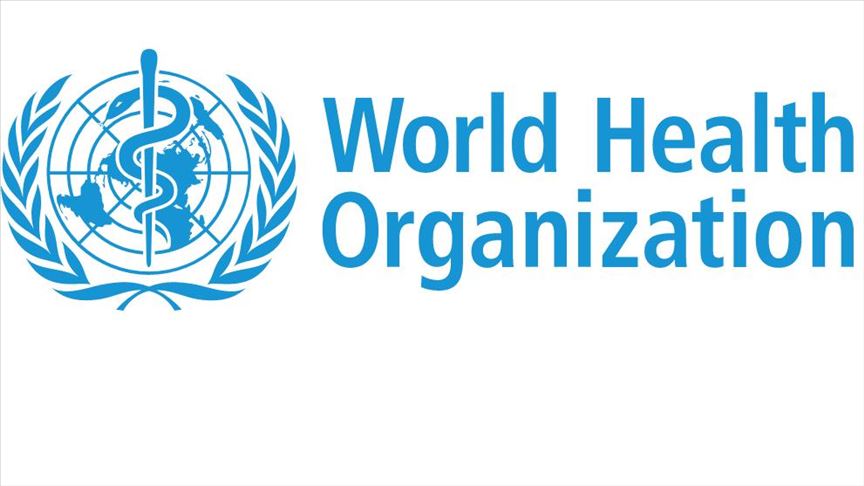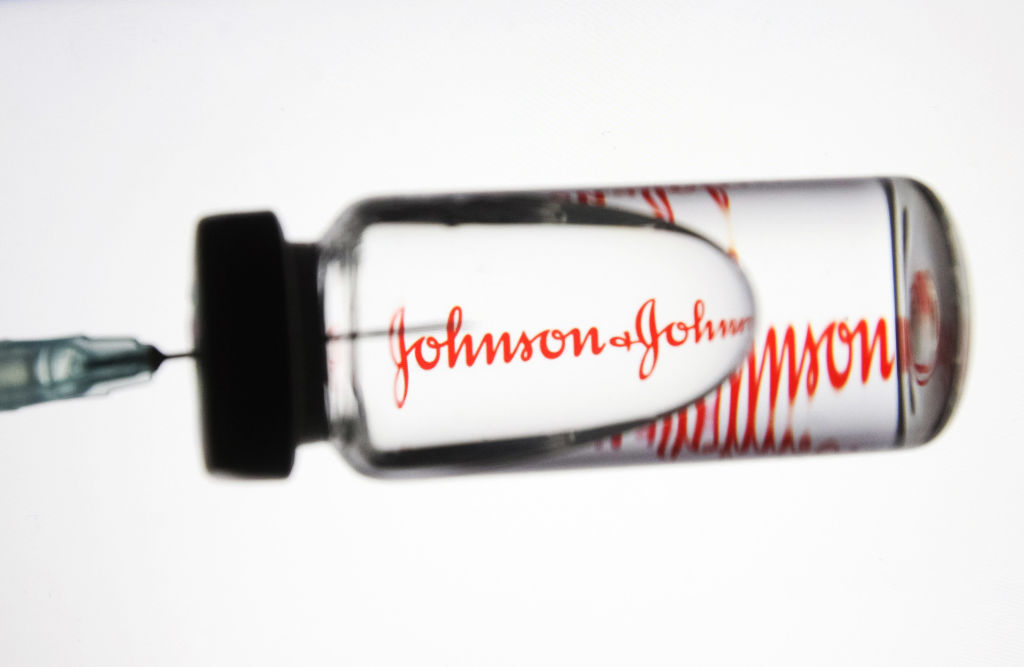Hungary's administration shielded its approach driving clinics to let loose beds to manage the COVID-19 pandemic after rights bunches said that few patients with incessant maladies had passed on after being kicked out of emergency clinics.
The administration sent a letter to emergency clinics toward the beginning of April, requesting that half of the nation's 68,000 medical clinic beds be made accessible to COVID-19 patients.
444, a free news site, said the administration's organization depended on a figure that somewhere in the range of 150,000 and 180,000 individuals would get the infection in the nation.
A count kept by the Johns Hopkins University shows that as of May 6, Hungary has recorded 3,150 affirmed instances of COVID-19 and 383 passings.
As indicated by Human Rights Watch (HRW), the measure brought about numerous patients, "some of whom have malignant growth or other incessant or terminal diseases and require consistent consideration", being moved to elective offices or sent home to be thought about my relatives.
Athina Nemeth, a hospice and volunteer home consideration laborer in Budapest, told the NGO that out of the ten patients she thought about who was sent home, incorporating one with an open stomach wound and another with a stoma sack, nine have now passed on.
The NGO likewise said it is difficult to realize what number of individuals were sent home because the legislature has not discharged any data regarding the matter.
"The Hungarian government ought to guarantee the April 7 request doesn't make another human rights emergency, including by denying especially helpless patients access to satisfactory clinical consideration. They ought to guarantee sufficient quantities of beds in elective consideration offices and bolster the home consideration framework with vital subsidizing," HRW said in an announcement.
"The specialists ought to likewise react to worries from experts, patients, and their family members with full straightforwardness on the destiny of patients expelled from the consideration they were accepting," it included.
Reached by Euronews, the Hungarian wellbeing service safeguarded itself, saying the measure was a piece of "an exceptionally taught defensive activity the nation over to slow the spread of the pandemic".
"We expected to get ready for a dubious future," it stated, including they've consistently counseled "specialists, specialists, and researchers" about the best way to deal with taking.
"We've resolved that for the direst outcome imaginable we'll require 8,000 operational ventilators and more than 30,000 beds — all only devoted to the consideration of coronavirus patients. This was the objective," it went on.
As indicated by the administration, over 33% of the nation's emergency clinic beds were unused before the pandemic which implied that medical clinics needed to build COVID-19 limit by 16 percent.
The wellbeing service disclosed to Euronews that a clinical board chose which clinical mediations were to be arranged as non-pressing and that rules were given to medical clinics so they could send home the individuals who could be thought about at home or didn't should be earnestly treated.
"Governmental issues can't acknowledge any job in settling on this choice since we don't have the important information: this is an issue for the pertinent specialists," it included.
"However, we repeat: this is the situation for 16 percent of all clinic beds, and this issue can't be tackled some other way," the service told Euronews.

 Hungary's government defended its policy forcing hospitals to free up beds to deal with the COVID-19 pandemic after rights groups said that several patients with chronic diseases had died after being kicked out of hospitals
Hungary's government defended its policy forcing hospitals to free up beds to deal with the COVID-19 pandemic after rights groups said that several patients with chronic diseases had died after being kicked out of hospitals



















.jpeg)



















.jpg)
.jpeg)